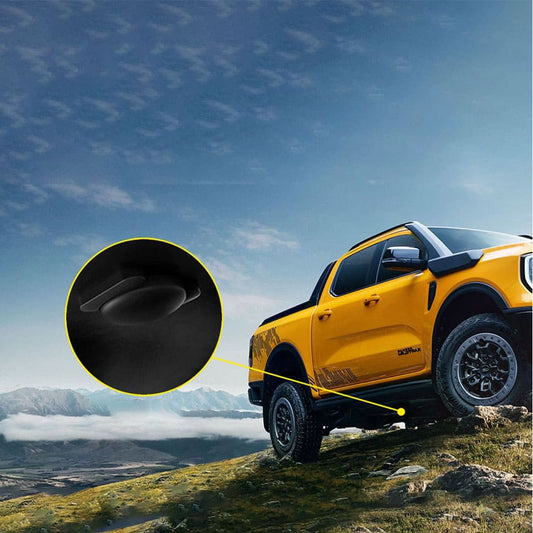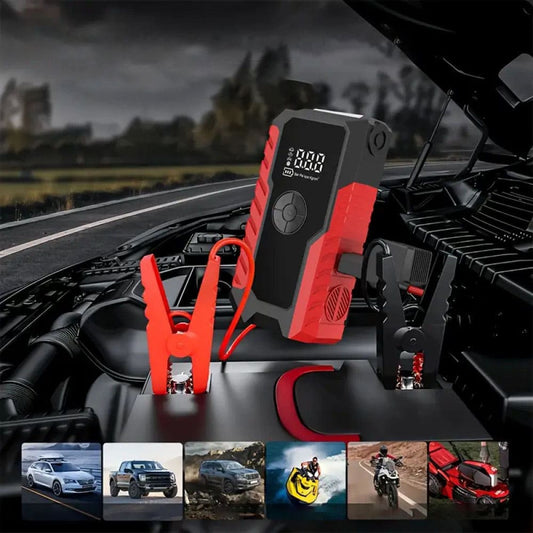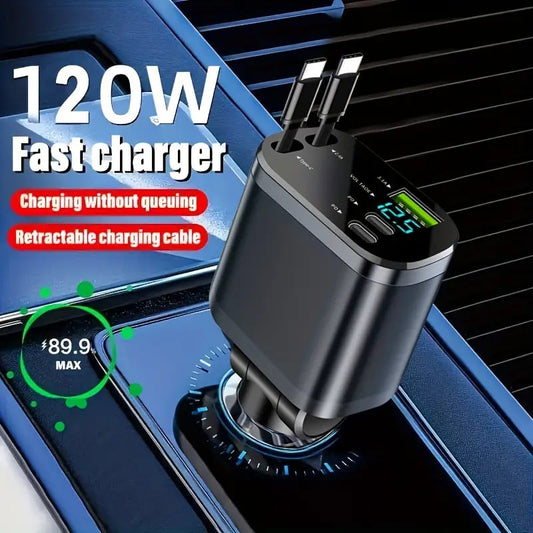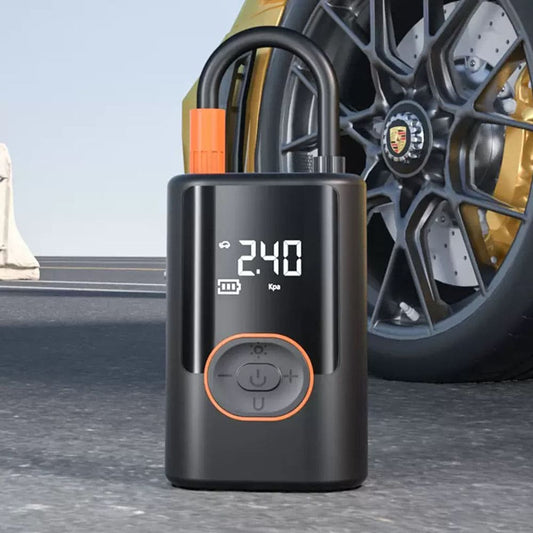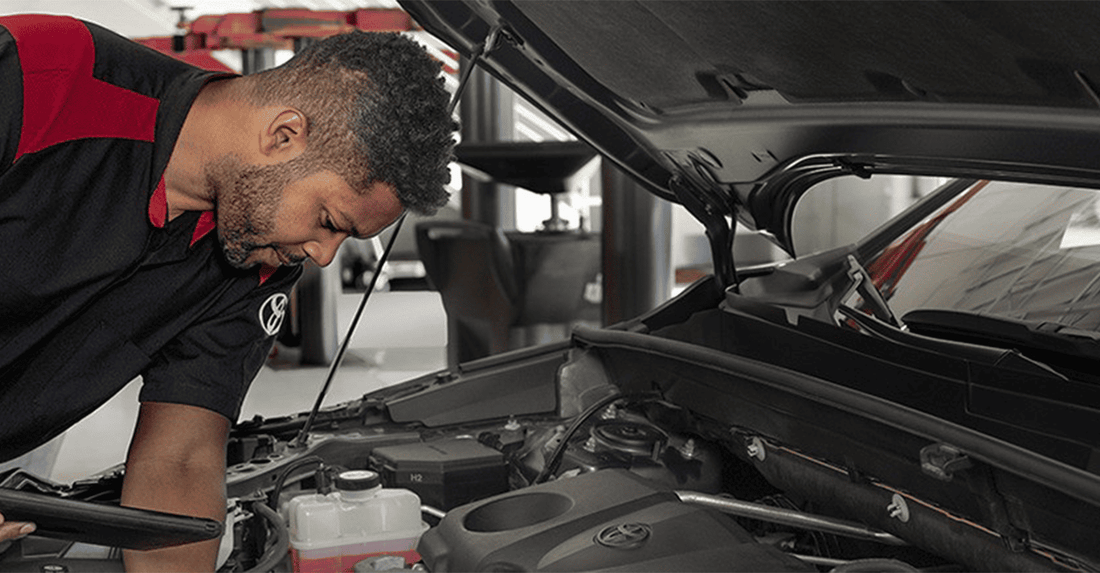
13 Essential Car Maintenance Tips to Keep Your Vehicle Running Longer
Share
Between work, family commitments, and day-to-day responsibilities, basic car maintenance often takes a backseat. However, staying on top of regular vehicle maintenance isn’t just about avoiding breakdowns — it's a crucial investment in your car’s long-term performance, fuel efficiency, and resale value.
From checking tire pressure to changing oil or inspecting warning lights, a few simple maintenance habits can help you prevent costly repairs and keep your vehicle running smoothly for years. Whether you're driving a brand-new Toyota or an older vehicle, following these essential car maintenance tips and using a proper service checklist can protect your investment.
Never Skip Scheduled Maintenance Services
Routine maintenance helps prevent wear and tear on crucial systems. Always refer to your owner's manual to follow manufacturer-recommended service intervals. Common maintenance includes:
-
Oil and filter changes
-
Tire rotations
-
Brake inspections
-
Fluid checks and top-offs
-
Spark plug and belt replacements
Tip: Schedule service through your authorized dealer — like your Toyota Service Center — to ensure OEM parts, expert care, and a complete service history, which enhances resale value.
Get Familiar with Your Owner’s Manual
Your vehicle’s owner’s manual is one of the most underrated car-care tools. It provides essential information, including:
-
Oil and gas specifications
-
Service intervals
-
Warning light meanings
-
Infotainment system guidance
-
Basic troubleshooting
Reading your manual empowers you to make informed decisions and maintain your vehicle properly.
Prioritize Regular Oil Changes
Clean engine oil lubricates internal parts and prevents premature wear. With synthetic oil now common, many vehicles need oil changes every 5,000–7,500 miles, or even up to 15,000 miles depending on make and model.
Neglecting oil changes can result in:
-
Engine overheating
-
Decreased performance
-
Warranty voidance
-
Expensive engine damage
Pro Tip: Always verify the correct oil type and interval in your owner’s manual or with your service advisor.
Use the Right Fuel Octane Rating
Premium fuel doesn’t mean premium performance for all cars. Using a higher octane fuel than your car requires may waste money and reduce fuel efficiency.
Rule of thumb: Stick to the fuel grade listed in your owner’s manual. Higher octane is only necessary if your engine is specifically designed for it.
Check and Maintain Tire Pressure
Incorrect tire pressure can lead to:
-
Poor fuel economy
-
Uneven tread wear
-
Risk of blowouts
-
Reduced braking effectiveness
Use a digital or manual gauge to check your tire pressure monthly — and don’t forget the spare. Proper tire inflation improves handling, extends tire life, and saves fuel.
Leased vehicle? Maintaining tire pressure can help you avoid penalties for excessive wear at lease end.
Rotate and Balance Tires Regularly
Front and rear tires wear at different rates. Rotating your tires every 5,000 to 8,000 miles helps promote even wear and extends their lifespan.
At the same time, have your wheels balanced and alignment checked to improve ride comfort, extend tire life, and prevent suspension wear.
Conduct Regular Visual Inspections
A quick walk-around each day can reveal early warning signs, such as:
-
Low tire tread
-
Cracked windshield
-
Foggy headlights
-
Exterior damage
The Penny Test: Insert a penny into your tire tread. If Lincoln’s head is fully visible, it’s time for new tires.
Understand Dashboard Warning Lights
Your car’s dashboard lights are designed to alert you of potential issues before they become serious. Learn the meaning of each symbol — such as:
-
Check engine
-
Low tire pressure
-
Oil pressure warning
-
Battery alert
-
Coolant temperature
Some lights indicate routine maintenance; others demand immediate attention. Consult your owner’s manual or a service advisor if unsure.
Monitor Vehicle Fluid Levels
Your vehicle depends on several critical fluids. Regular checks can prevent breakdowns and ensure optimal performance.
Check and maintain these:
-
Engine oil
-
Brake fluid
-
Transmission fluid
-
Coolant/antifreeze
-
Power steering fluid
-
Windshield washer fluid
-
AC refrigerant (especially for summer driving)
Top off or flush these fluids as needed — and don’t mix incompatible types.
Inspect Serpentine & Timing Belts
The serpentine belt drives critical components such as the alternator, water pump, and AC compressor. A broken belt can halt your car entirely.
The timing belt or chain ensures proper engine valve operation. If it fails, it can cause catastrophic engine damage — especially in interference engines.
Replace belts according to your manufacturer’s schedule — usually every 60,000 to 100,000 miles — or sooner if they show signs of wear.
Check Your Car Battery
Modern car batteries typically last 3 to 5 years. Regularly inspect the terminals for corrosion and ensure the battery is securely mounted.
If your car is slow to start, electronics flicker, or you see a battery warning light, have it tested at a service center.
Quick tip: Clean battery terminals with a brush if buildup is present.
Replace Wiper Blades Before You Need Them
Worn-out wipers compromise visibility, especially during rain or snow. Replace them every 6–12 months or as soon as you notice streaking, skipping, or squeaking.
Pro Tip: Replacing them before the rainy season ensures clear, safe driving.
Change the Engine Air Filter
A dirty air filter restricts airflow to the engine, reducing performance and fuel efficiency. Check your air filter every 12,000 to 15,000 miles, or more frequently in dusty environments.
Replacing the air filter is one of the simplest, most affordable DIY tasks with big payoffs in performance.
Conclusion:
Staying on top of basic car maintenance doesn’t have to be complicated or time-consuming — and the rewards are substantial. Not only will you enjoy a smoother, safer driving experience, but you’ll also preserve your vehicle’s value and reduce the risk of expensive repairs.
Whether you handle maintenance yourself or rely on your dealer’s expertise, maintaining a consistent service routine will keep your car performing at its best.

